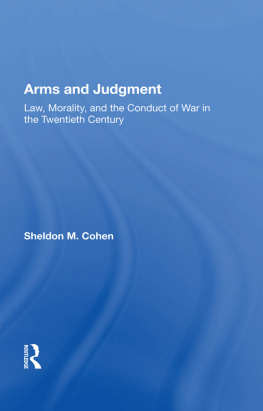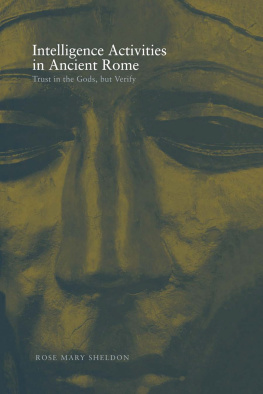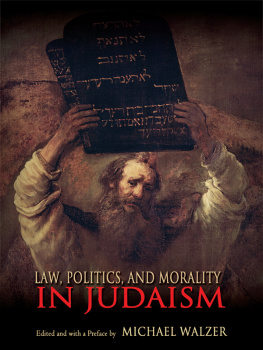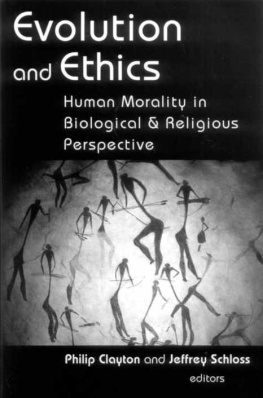Sheldon W. Liebman - The Evolution of Love : Theology and Morality in Ancient Judaism
Here you can read online Sheldon W. Liebman - The Evolution of Love : Theology and Morality in Ancient Judaism full text of the book (entire story) in english for free. Download pdf and epub, get meaning, cover and reviews about this ebook. year: 2021, publisher: Wipf and Stock, genre: Religion. Description of the work, (preface) as well as reviews are available. Best literature library LitArk.com created for fans of good reading and offers a wide selection of genres:
Romance novel
Science fiction
Adventure
Detective
Science
History
Home and family
Prose
Art
Politics
Computer
Non-fiction
Religion
Business
Children
Humor
Choose a favorite category and find really read worthwhile books. Enjoy immersion in the world of imagination, feel the emotions of the characters or learn something new for yourself, make an fascinating discovery.

- Book:The Evolution of Love : Theology and Morality in Ancient Judaism
- Author:
- Publisher:Wipf and Stock
- Genre:
- Year:2021
- Rating:5 / 5
- Favourites:Add to favourites
- Your mark:
- 100
- 1
- 2
- 3
- 4
- 5
The Evolution of Love : Theology and Morality in Ancient Judaism: summary, description and annotation
We offer to read an annotation, description, summary or preface (depends on what the author of the book "The Evolution of Love : Theology and Morality in Ancient Judaism" wrote himself). If you haven't found the necessary information about the book — write in the comments, we will try to find it.
The Evolution of Love : Theology and Morality in Ancient Judaism — read online for free the complete book (whole text) full work
Below is the text of the book, divided by pages. System saving the place of the last page read, allows you to conveniently read the book "The Evolution of Love : Theology and Morality in Ancient Judaism" online for free, without having to search again every time where you left off. Put a bookmark, and you can go to the page where you finished reading at any time.
Font size:
Interval:
Bookmark:
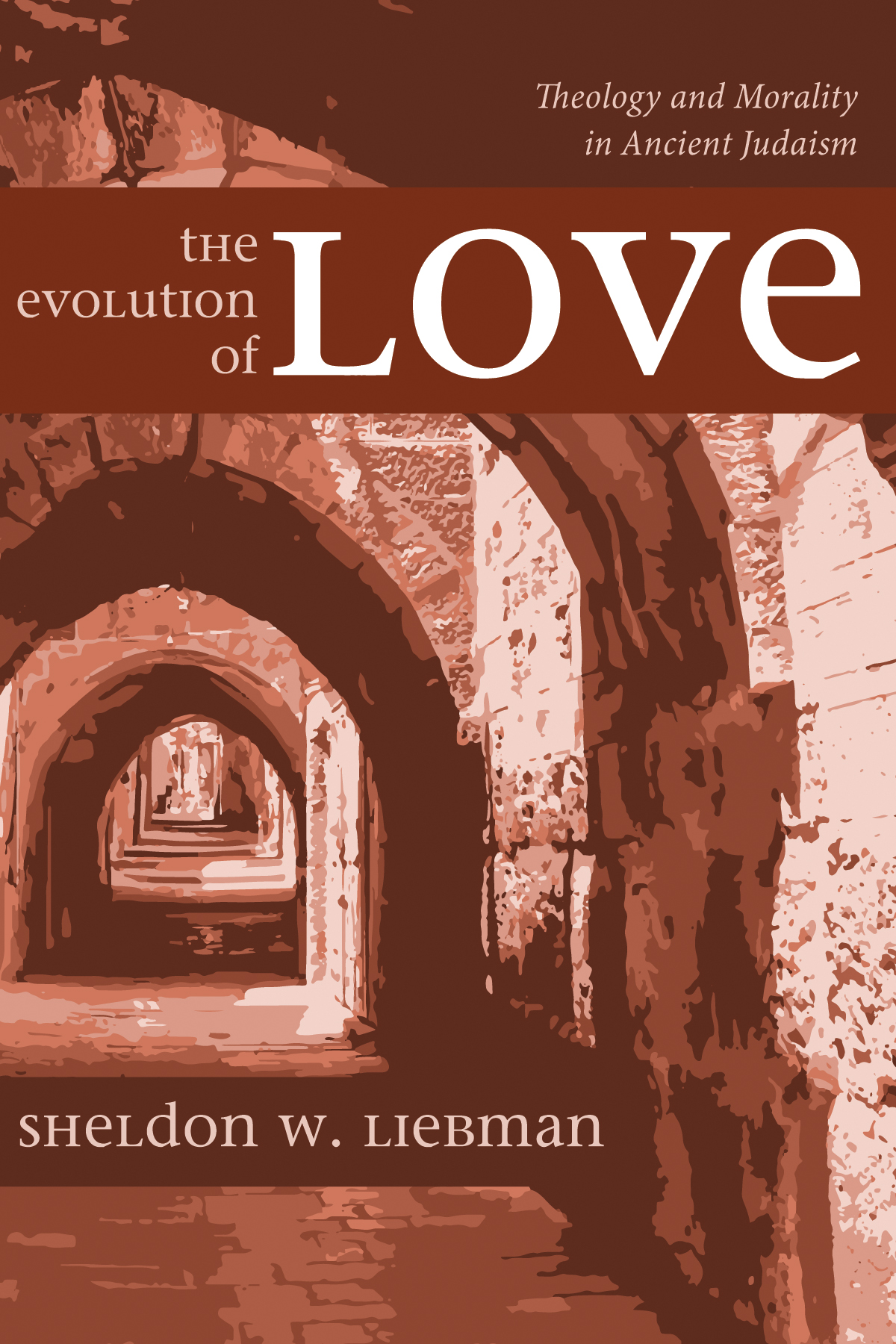
Theology and Morality in Ancient Judaism
Sheldon W. Liebman

The Evolution of Love
Theology and Morality in Ancient Judaism
Copyright 2021 Sheldon W. Liebman. All rights reserved. Except for brief quotations in critical publications or reviews, no part of this book may be reproduced in any manner without prior written permission from the publisher. Write: Permissions, Wipf and Stock Publishers, W. th Ave., Suite , Eugene, OR 97401 .
Wipf & Stock
An Imprint of Wipf and Stock Publishers
W. th Ave., Suite
Eugene, OR 97401
www.wipfandstock.com
paperback isbn: 978-1-7252-7471-6
hardcover isbn: 978-1-7252-7472-3
ebook isbn: 978-1-7252-7473-0
04/08/21
F or Sheldon Liebman, The Evolution of Lov e was his deep expression of love for the origin and tenets of Judaism. It was also his final scholarly achievement. Sheldon died September , 2020 , with the manuscript in the editing process. As his loving partner, my role quickly switched from caregiver to next-steps-taker. And so, let me first extend my deepest appreciation to the team at Wipf & Stock Publishersparticularly Caleb Shupe, Zechariah Mickel, and Emily Callihanfor their kind words of comfort and their professional expertise in assisting me, an untested novice, to understand and continue moving the pre-publication process forward.
Although battling a raging cancer, revising and perfecting the manuscript for The Evolution of Love in the spring of 2020 was Sheldons purpose and focus, and brought him great joy. And while he could no longer join in the lively discussions over drinks and supper in little cafes with colleagues from Wilbur Wright College, their outpouring of affection, respect, and support helped sustain him.
Among those colleagues, I extend my most heartfelt gratitude and indebtedness to Adrian Guiu, PhD, who, in addition to his own rigorous academic schedule, offered to step in after Sheldons death to assist in the completion of the editing process. He did so with enthusiasm and an abundant knowledge of Sheldons ideas and beliefs, and the query phase of editing was completed November , 2020 , on what would have been Sheldons eightieth birthday.
As Sheldons health declined, his voice and our conversations waned to literal whispers of our former passionate discussions, arguments, agreements. But the early Judaic principles he embraced through decades of religious study remained constant in both frequency and consistency: Love your neighbor. Welcome the stranger. Take care of everyone.
Gail Fiske Crantz
La Grange Park, Illinois
November , 2020
What I have found has been in many ways surprising to me, and though not surprising
to experts in the field, may be surprising to readers of [my] book.
Robert N. Bellah, Religion in Human Evolution
T his book is an examination of Judaism as it evolved over a period of approximately , years, from the middle of the second millennium BC to the early first millennium AD. It is not a history of the Jews from the time of Abraham onward. Rather, it is an analysis of the Hebrew Bible and other ancient Jewish writings, with special emphasis on the two most important concepts in the study of religion: theology and morality.
My objective is to show how the faith of the Israelites developed from a fairly typical primitive religion into something entirely new: a religion that was in many ways significantly different from most of the established faiths of the ancient world. As Alan F. Segal says, Judaism underwent radical religious changes in response to important historical crises. And these beliefs developed, eventually, into a religion that embraced many of the main features that characterized the major religions of the Axial Age: Taoism, Buddhism, Zoroastrianism, and Platonism.
As different from each other as these religions may be, they share the common assumption that the universe is not ruled by amoral and impersonal gods that must be appeased by sacrifice or controlled by magic. Unlike the Egyptians and many other residents of the Near East, who worshiped many gods and understood them to be morally imperfect, they collectively affirmed the idea that the relationship between humanity and the Otherwhether it is called God or Nature or Spiritis not based on fear and sustained by the performance of rituals. On the contrary, it is honored and supported by human beings who conduct their lives according to such principles as virtue, compassion, and justice. To be sure, according to two of the religions that emerged in the first millennium BCJudaism and Zoroastrianismthe universe is ruled by a force whose capacity to inflict pain and provide pleasure far surpasses the offensive and defensive capabilities of mankind. Instead of being cowed and controlled by the kind of superior power that a mighty king might use against his subjects, however, members of both of these faiths, as well as Taoists, Buddhists, and Platonists are invited to participate freely in a world order that requires moral probity, not abject submission and blind obedience.
According to Segal, Dislocation, war, and foreign rule forced every variety of Jewish community to rebuild its ancient national culture into something almost unprecedented, a religion of personal and communal piety. Speaking of the book in which this spiritual metamorphosis appears most clearly, Robin Lane Fox says that Deuteronomy is a text of commands and warnings which struck a new and alarming note in the entire history of Hebrew texts. Focused on Gods orders for human behavior, the book is not so much a code of ceremony and ritual as a book of conduct and commandments.
On the one hand, Fox continues, Deuteronomy covers a broad range of subjects, describing as it does the proper attitudes of the Israelites in worship, their justified aggression toward their heathen neighbors, their respect for the poor and the defenceless, their festivals, some of their rules of law and the right behavior of their kings. On the other hand, however, it is the theological and moral formulation of a single, jealous God who required total love from his chosen people and thereby distinguished Israel from her Gentile neighbors. Indeed, even in its discussion of some of the great festivals and ceremonies, Fox adds, the book emphasizes the scope for inner piety and charity on these occasions.
What is different about the faith of the Jews, howeverthat is, what separates it from the four religions mentioned aboveis that Judaism did not suddenly break away from existing religious traditions, at least in the same way that Taoism, Buddhism, Zoroastrianism, and Platonism turned their backs on the ancient religions of China, India, Persia, and Greece. Nor was Judaism founded by one man (or the followers of one man), as were the religions established by Lao-Tse, the Buddha, Zoroaster, and Plato. This means that Judaism is not represented by the ideas of a single person and is not understandable by reading a single brief booksuch as the Tao-te-Ching , the Gathas , the Sayings of the Compassionate Buddha , or the Phaedo composed by either the religious founder or his disciples. Rather, Judaism developed over a very long period of time, its principles are expressed in a very large book written by many different writers, and its dominant ideas and practices are often inconsistent and contradictory. For these reasons, the Hebrew Bibleand, consequently, ancient Judaism itselfhas long been regarded as extremely difficult to explainwhich is, again, the main objective of this book. There are several obstacles.
Font size:
Interval:
Bookmark:
Similar books «The Evolution of Love : Theology and Morality in Ancient Judaism»
Look at similar books to The Evolution of Love : Theology and Morality in Ancient Judaism. We have selected literature similar in name and meaning in the hope of providing readers with more options to find new, interesting, not yet read works.
Discussion, reviews of the book The Evolution of Love : Theology and Morality in Ancient Judaism and just readers' own opinions. Leave your comments, write what you think about the work, its meaning or the main characters. Specify what exactly you liked and what you didn't like, and why you think so.

